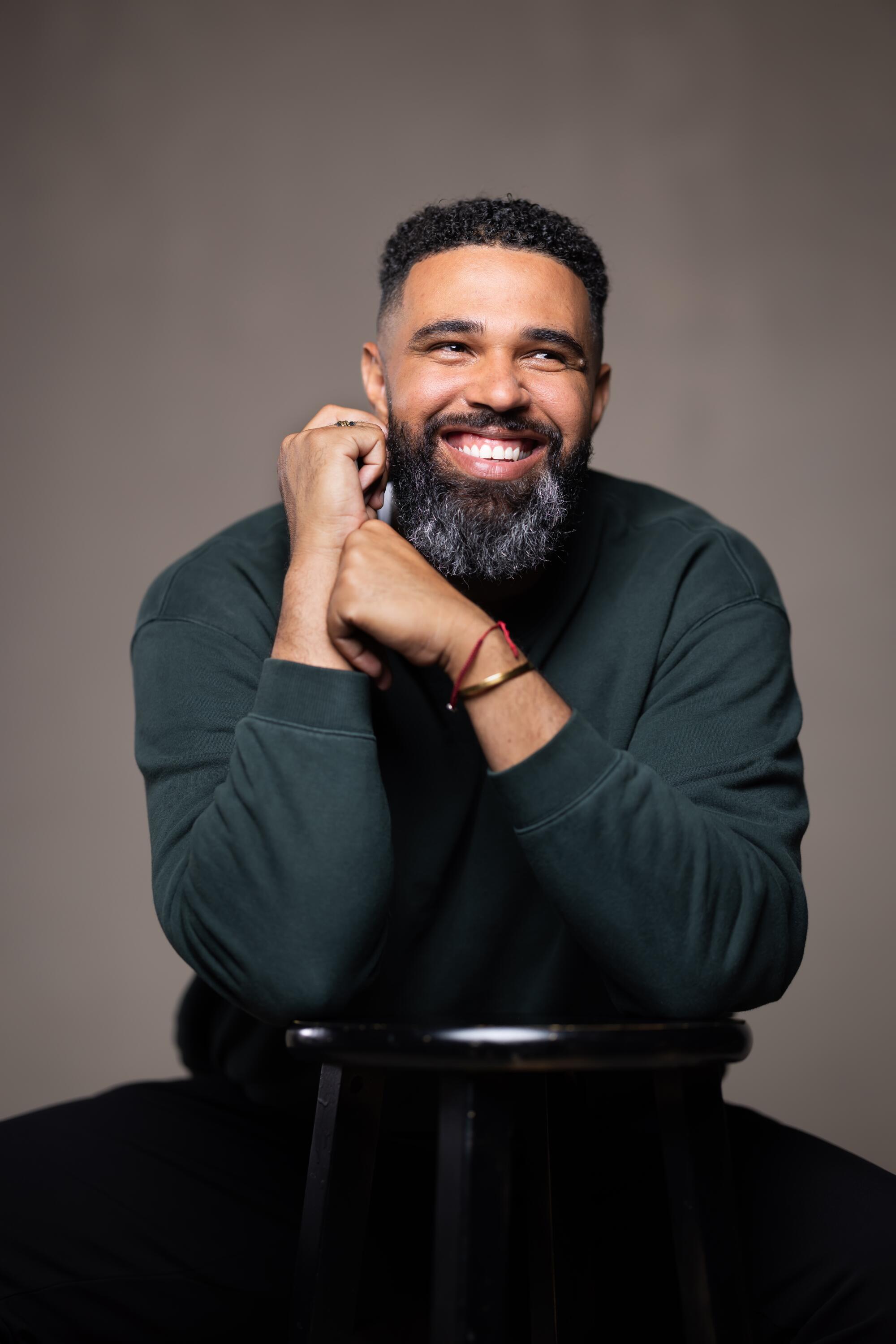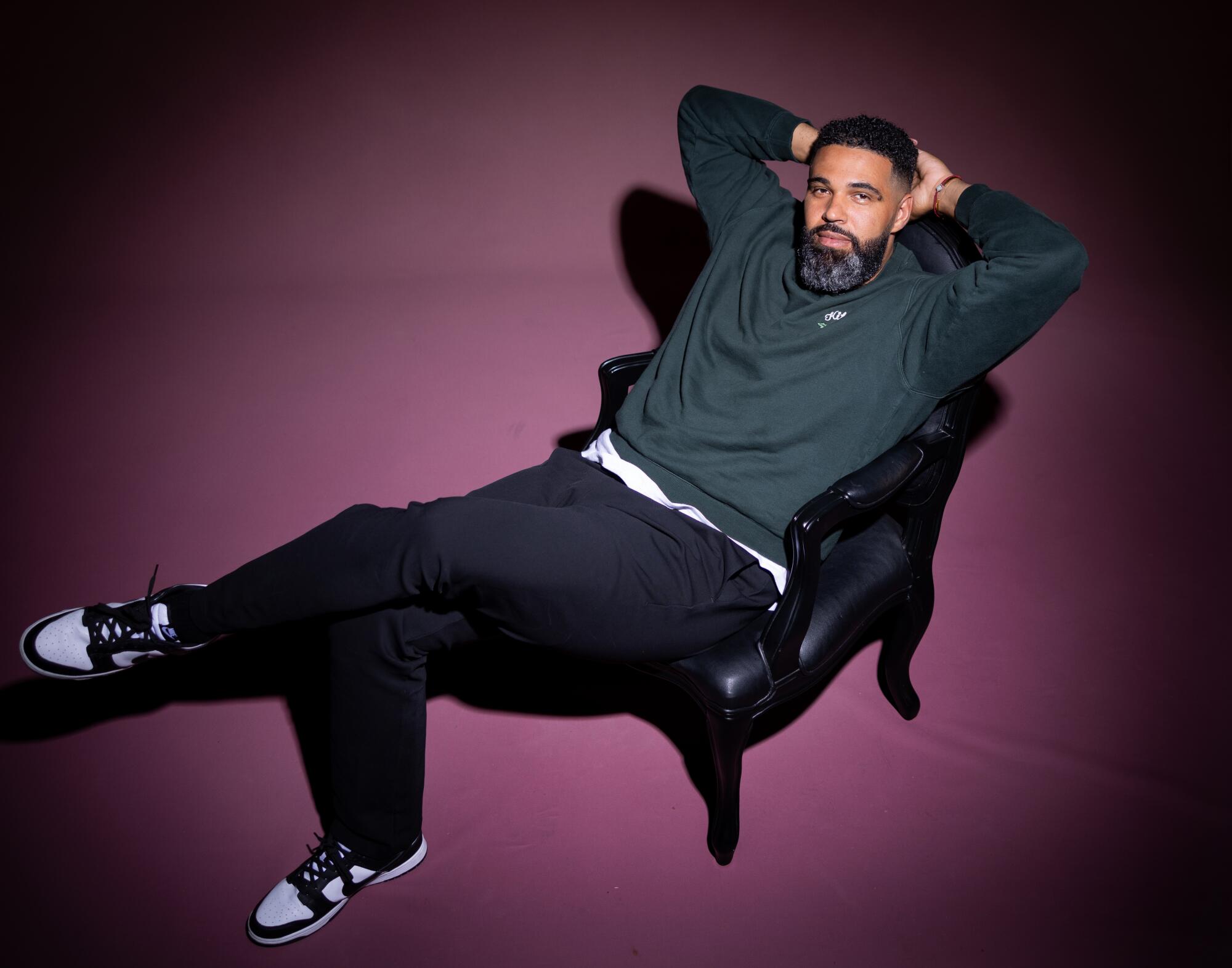
By the time most successful people are approaching middle age, they can recount at least one conversation that changed their lives. A bit of advice that set them on their current path.
Very few can say that advice came in a conversation with a former president. But that’s what happened to Prophet Walker.
It was in 2015 and Walker, fresh off a failed bid for the California Assembly, had been invited to the State of the Union address. Then-President Obama and First Lady Michelle Obama had heard about him overcoming adolescence in prison to become a developer and launch several nonprofits.
Discover the changemakers who are shaping every cultural corner of Los Angeles. L.A. Influential brings you the moguls, politicians, artists and others telling the story of a city constantly in flux.
Walker told the president about his options. “I was like, ‘Nonprofits are asking me to come work for them. I really care about community,’” he recalled. “‘But I’m good at real estate stuff.”
Obama told him to do both. “His advice did not seem particularly helpful,” Walker admitted. “But then I came home.”
Then just 27 years old, he’d already lived a lot of life. Essentially abandoned by his mother at age 6 after she’d became addicted to heroin, Walker was raised by his father in the Nickerson Gardens housing project in Watts. By 16, he was an expectant father and behind bars for robbery.
The connections he’d made during the campaign were more important than the election.
“On my 18th birthday, I was shipped off to a maximum-security prison,” Walker said last year. “My daughter right now is 18 years old. I look at her and she’s a baby.”
Despite the odds, Walker earned an engineering degree after he was released from prison and got a job with Morley Builders, overseeing redevelopment of the iconic Ace Hotel. He also befriended Scott Budnick, who produced the “Hangover” movies and volunteered at Sylmar Juvenile Hall. When Walker ran for the Assembly, Budnick opened the doors to deep-pocketed Hollywood.
Eventually, Walker realized Obama was right. The connections he’d made during the campaign were more important than the election.

Today, the 36-year-old Walker occupies a rare position of influence — able to leverage the wealth and power of celebrities, politicians, developers and tech leaders for people who typically never benefit from such things.
The most prominent example is Black Owned and Operated Community Land Trust. Its goal is to harness gentrification in Leimert Park, using outside dollars to prevent displacement from a neighborhood that has long been the center of Black culture in Los Angeles.
The impact can already be felt on Degnan Boulevard, and soon could expand to Crenshaw Boulevard, where Walker’s company Treehouse plans to open a co-living space.
“I’m trying,” he said, “to bring to the forefront, like, what is our responsibility to community?”


